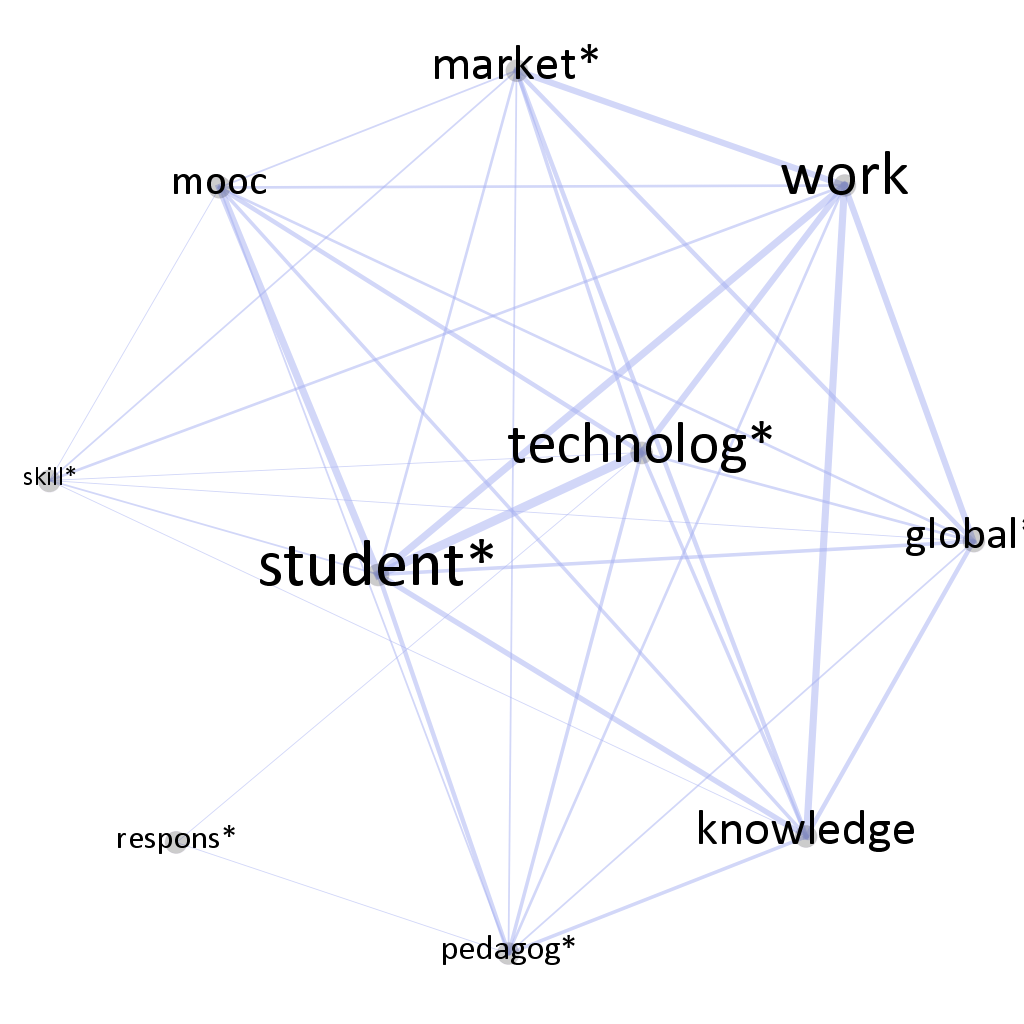Today (28.11.18) is World Access to Higher Education Day. It will be accompanied by conferences in the UK and Australia, initiatives in Germany from our colleagues Arbeiterkind.de (first generation students), and by a lot of social media events emphasising educational stories. See #WAHED2018.
A key to making higher education more accessible is to recognise and support different learning pathways into and through higher education.
In the AHEAD project, which was commissioned by the German government to look into the future of higher education, we are certain that the landscape in 2030 will have changed. Based on research and expert discussions, we have developed 4 pathways -named after toys to make them more memorable. They are Tamagotchi, Jenga, Lego and Transformer. Each of them exist to some extent already, but in the future they will take advantage of digital technologies and new constellations on teaching and learning to provide a higher education for all.
What we now want to know is how important these respective pathways might be in 2030. So we are turning to experts, stakeholders, students and parents to ask for your opinion.
We therefore kindly request your help. Could you help us by filling out our short questionnaire? In it, the 4 pathways will be described and we ask you about which type of student each one might be best for. We also ask you to quantify the importance of these pathways in the higher education landscape of 2030.
The link to the anonymous survey is here: https://ww3.unipark.de/uc/AHEAD/
We have taken the decision not just to ask experts – which would be typical for this type of study, because we want to have ‚an ear to the ground‘. We would love to hear from those currently in higher education as students, teachers, academics, but also from people considering higher education in the future for themselves or their children. So, please help us to reach very diverse respondents. Thank you.
If you would like to blog or Twitter about this, please mention @AHEAD2030 or #AHEAD2030

